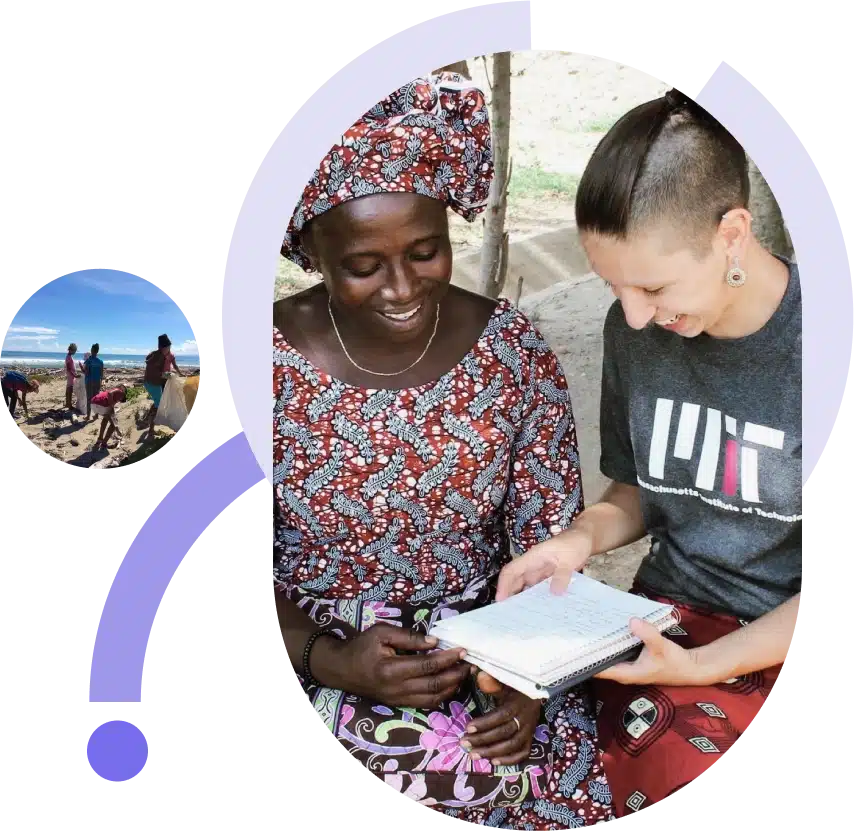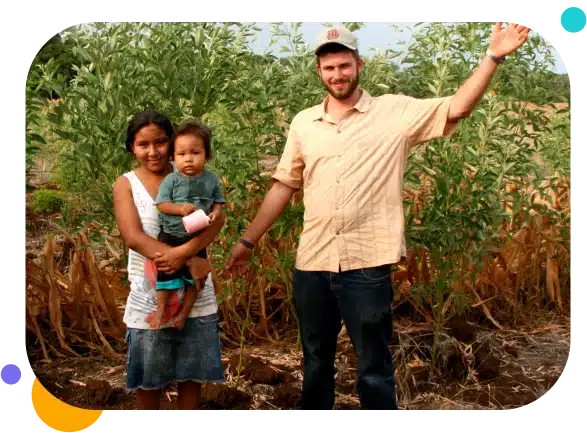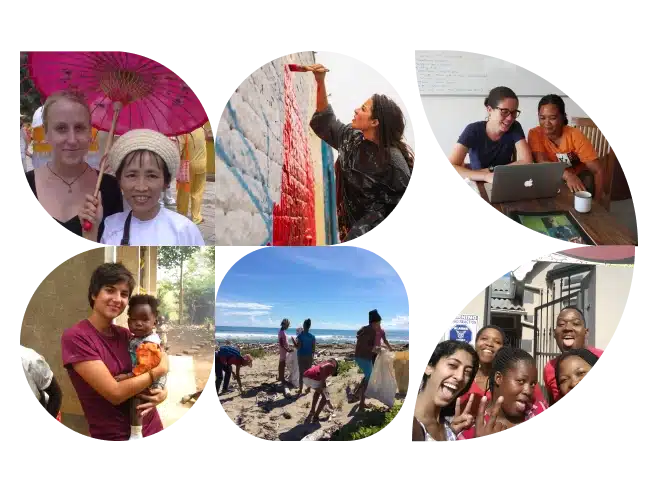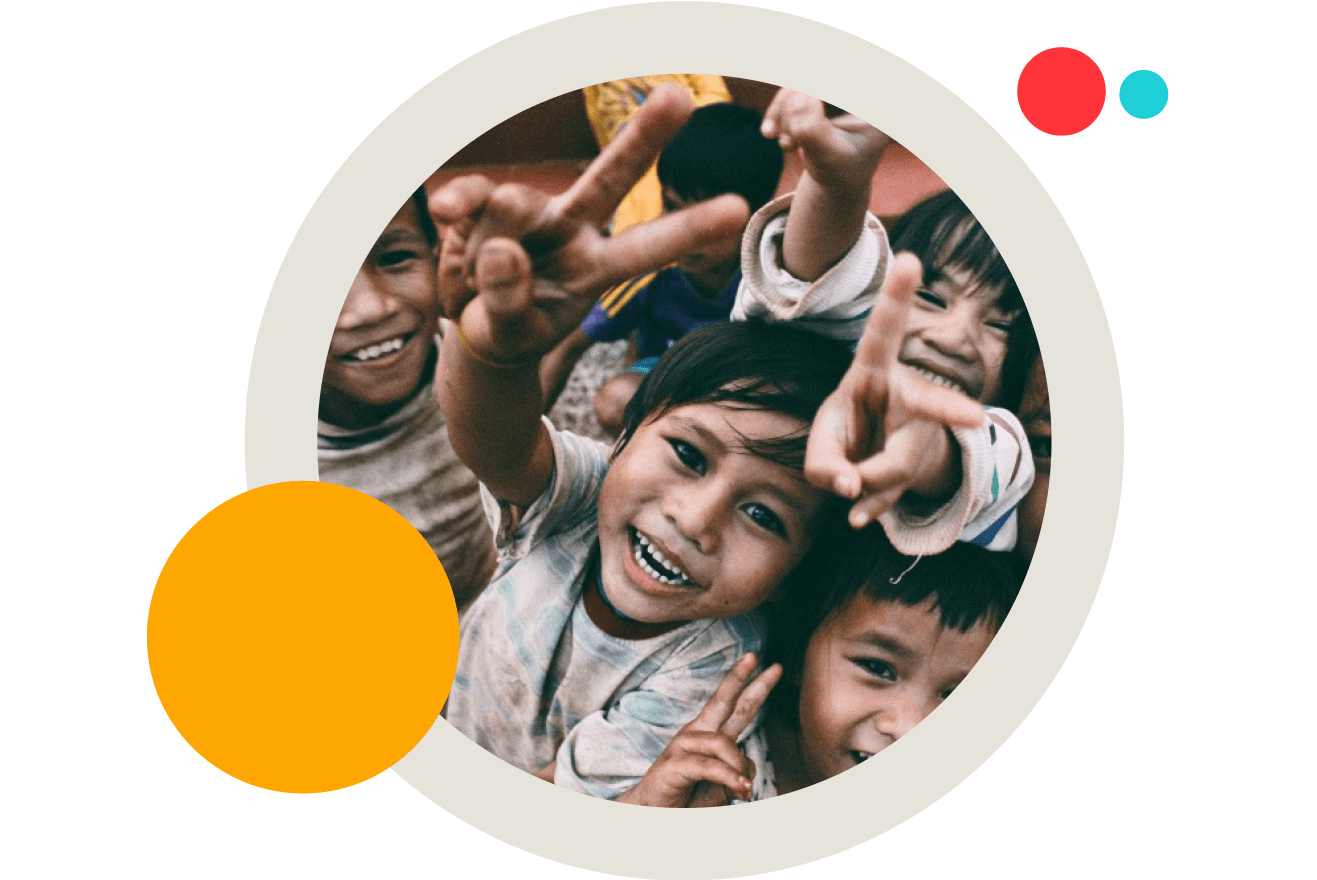Furthering international understanding and cultural awareness
The InterExchange Foundation supports young Americans with a passion for improving the world by participating in meaningful projects abroad.


Fund your service project and make a difference in the world
We fund impactful service projects abroad with up to $10,000 in grant money to support motivated young Americans who are committed to perform meaningful service projects abroad. If you are passionate about helping communities abroad thrive and eager to learn about the local culture, submit an application for the next application deadline (deadlines: March 15, July 15, October 15).
Fellows identify a project or an organization working on an issue they care about, and with the support of the Christianson Fellowship, contribute their skills and passion to that endeavor for at least six months on-location abroad.
This intercultural experience is a meaningful way to help others, improve skills, and gain insight about another culture.
hear from our alumni
What our Christianson Fellows have to say about their impact
and projects
Since 2007, the InterExchange Foundation has provided grants to young Americans who wish to participate in meaningful volunteer projects abroad and who are eager to share their experiences in order to further international understanding and promote cultural awareness. To date, we have supported more than 100 Christianson Fellows who have worked in more than 40 countries around the world.
How it works
Please create an account to access the online application for the Christianson Fellowship. Applications are reviewed after the close of each application deadline (March 15, July 15, October 15) and you will be notified within 2 weeks of the deadline whether or not you are invited for an interview.
Locations
The volunteer project must be outside of the U.S. and conducted in-person at the host location. To date, Christianson Fellows have worked in more than 40 countries around the world.
Project duration
At least 6 months in-person on-site is a minimum requirement of this grant.
Award amount
$2,500 - $10,000 (depending on location and duration of project).
Project types
We support a wide range of projects:
FAQs
What type of projects does the Christianson Fellowship support?
What do you mean by “self-arranged” projects?
What does the Fellowship cover?
The Christianson Fellowship is intended to cover your living expenses while abroad and contributing to a service project. This includes housing, meals, and local transport. You may also include associated costs, such as transport to and from your project location, passport and visa costs, and travel medical insurance.
The Fellowship does not cover mid-service trips home.

Get in touch
To get in touch you can reach us at the details below:
- Email: [email protected]
- Phone: (212) 924-0446

Become a Christianson Fellow and make a real impact
We can help you create change in the world. Apply here to become a Christianson Fellow!

